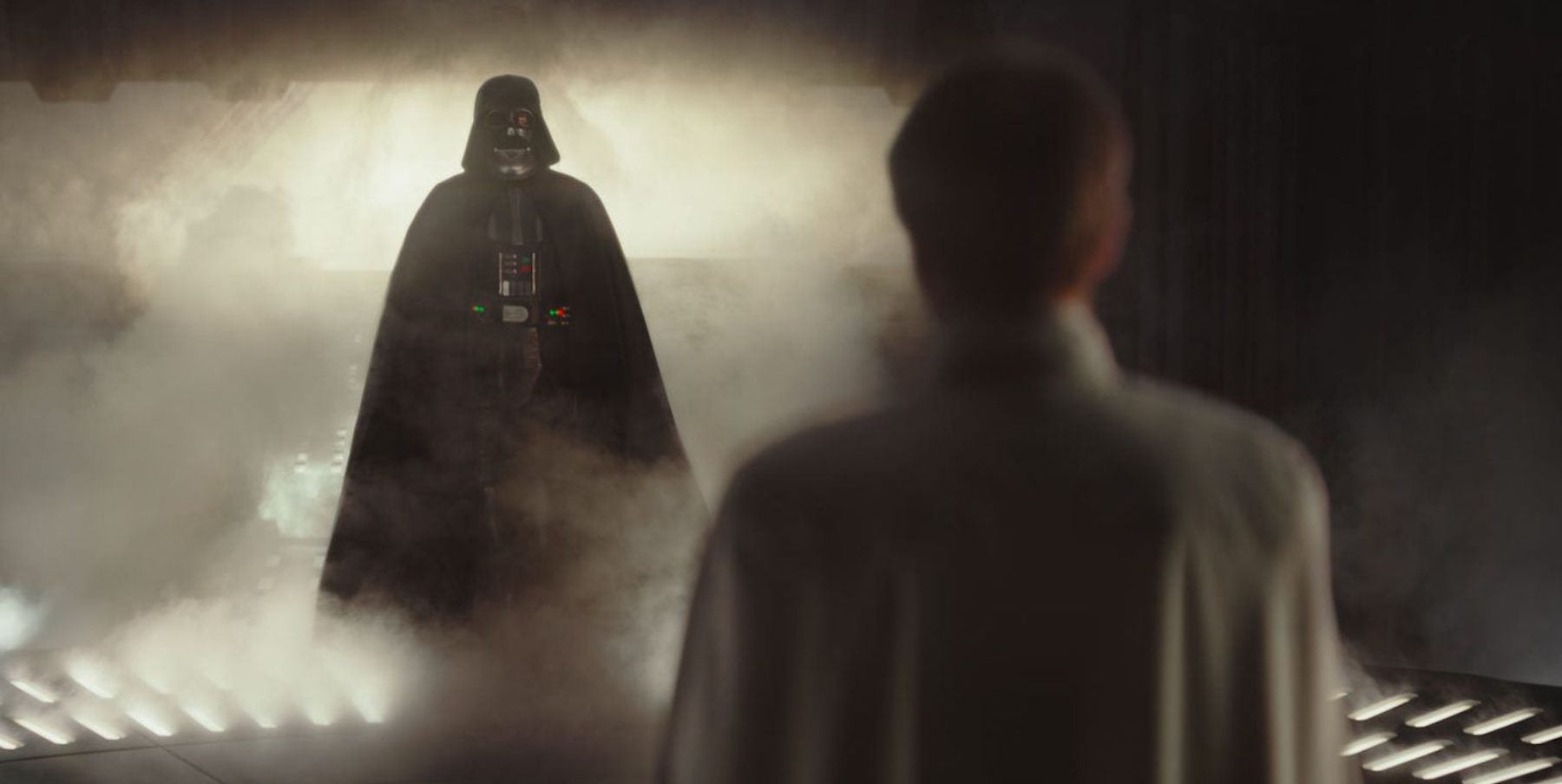Smart, bleak popcorn flicks powered the US box office to a new record in 2016
The US box office reached a new record last year, powered by big-budget fantasy sagas like Rogue One: A Star Wars Story and Captain America: Civil War. For the most part, good still triumphed over evil and the underdog won in the end. But the lines were blurred in some of this year’s highest-grossing films. (Prepare for spoilers.)


The US box office reached a new record last year, powered by big-budget fantasy sagas like Rogue One: A Star Wars Story and Captain America: Civil War. For the most part, good still triumphed over evil and the underdog won in the end. But the lines were blurred in some of this year’s highest-grossing films. (Prepare for spoilers.)
Total grosses, including films released in 2015 that remained in theaters last year, reached $11.37 billion for the first time in 2016, according to Box Office Mojo.
The top-grossing live-action films all took viewers beyond their ordinary, mundane worlds, in a sign that escapism has taken hold in film once again. But this year’s blockbusters were also smarter, grittier, and more rife with moral dilemmas than usual—appropriate for a year of complex political shockwaves in the real world.
In Rogue One, scientist Galen Erso betrayed everything he stood for to build the Death Star for the Empire so that, unbeknownst to the Rebellion, he could hide a flaw within it that could be exploited. And, far from a happy ending, obtaining the plans to that superweapon meant death for the rebels involved in the caper—with almost every character dying in the last minutes of the film.
In real-life, there was a boycott urged by Donald Trump’s supporters over comparisons made by the film’s writers on Twitter between the Galactic Empire and white supremacism. Not that has stopped the film to being well on its way to grossing $1 billion worldwide.
In Captain America: Civil War, the superheroes turned against each other as the world debated whether their heroics were worth the bodycount. Iron Man backs a movement to put The Avengers under the control of the United Nations, while America’s golden boy, Captain America, argues that they can’t defend humanity on the government’s leash. That, too, has been compared to a battle between conservative and liberal viewpoints.
Deadpool, featuring an amoral, sarcastic mutant who can’t be tamed by the heroic X-Men, became the highest-grossing R-rated film ever—because, let’s face it, classic heroism is just too vanilla for contemporary film. Villains became the protagonists in Suicide Squad. And the Man of Steel similarly faced off against the Caped Crusader in Warner Bros.’ exceedingly grim Batman v Superman: Dawn of Justice.
Even top animated movies like Finding Dory—the highest-grossing movie of the year—and Zootopia tackled larger, sobering themes of living with disability and race and prejudice, respectively.
Although the US box office set a record in 2016, and film studios like Disney had a stellar year, growth was slower than in previous years. Total grosses at US theaters ticked up just 2.2% from a year earlier, compared to a 7.4% jolt in 2015. That year, the top-grossing film, Jurassic World brought in $652.3 million—one-third more than what Finding Dory did in 2016.
China, which also reported sluggish box-office growth in 2016, blamed a weak slate of films for its paltry theatrical performance. The Chinese box office inched up 3.7% to 45.7 billion yuan ($6.7 billion), compared with a stunning lift of 48% in 2015, the South China Morning Post reported.
There, too, the top earner was a fantasy with some bite to it: Stephen Chow’s The Mermaid, a subtle, light-hearted love story with issues like environmental protection woven in. It became the country’s highest-grossing movie ever—with 3.4 billion yuan so far.